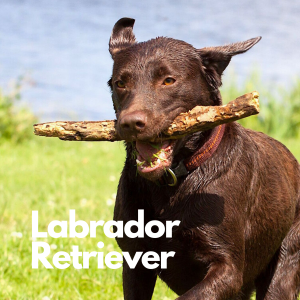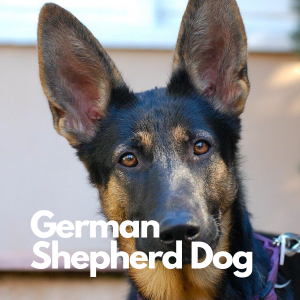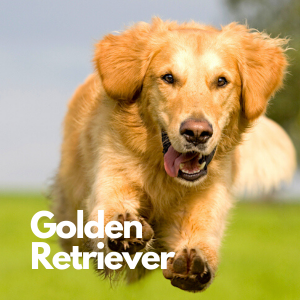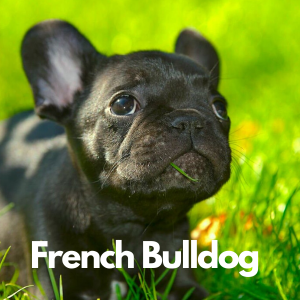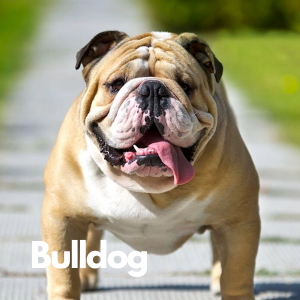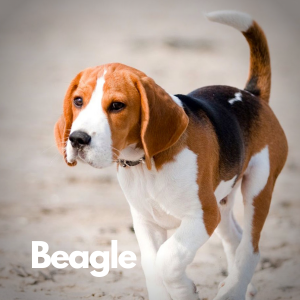
Toy
14-18 lbs.
10-13 in.
12-15 years
1. Key Characteristics of Pugs
One of the oldest dog breeds, Pugs are small dogs with round heads, short muzzles and large eyes. The face is wrinkled — sometimes deeply — and the high tail curls over the back.
The short, smooth coat comes in silver, black, fawn and apricot, with a darker mask on the face and dark coloration on the ears.
2. Where Pugs Came From
Proof of the breed dates to around 400 B.C., and it shares similarities with the Pekingese, another short-nosed breed. Pugs were historically a favorite among royals and Buddhist monasteries in China.
Throughout history, several notable people have kept Pugs:
- Napoleon’s wife, Josephine, used her prized Pug named Fortune to sneak messages to her husband by tucking them under the dog’s collar.
- A Pug reportedly saved the life of William, Prince of Orange, when he alerted his human to approaching troops in 1572.
British soldiers returned to England with Pugs and Pekingese dogs after invading the imperial palace in Peking in 1860.
Pugs were first exhibited in England in 1886 after being registered with the American Kennel Club (AKC) in 1885.

3. How Friendly Are Pugs?
These small dogs have great personalities. They are:
- Even-tempered
- Playful
- Outgoing
- Affectionate
- Eager to please
- Loyal
- Highly intelligent
Pugs make good watchdogs but don’t bark too much, and they respond well to positive reinforcement training.
4. Is This the Right Dog for You?
Exercise Needs
MEDIUM: Pugs need daily walks and/or play to stay fit. They do well in apartments but may be less active indoors.
Watch out — Pugs are prone to overeating yet still act hungry, so pay attention to food quantity and feeding times.
Grooming Needs
MEDIUM: The short coat of Pugs is easy to groom once a week, though shedding may be seasonally heavy. The real work is cleaning the ears, folds of the skin, nose and eyes to keep them clear.
Bathe your Pug as necessary and dry them immediately — they are sensitive to cold temperatures.
In addition to all this, clean the teeth and clip the nails regularly. Because of the Pug’s small mouth, tartar buildup may be a bigger problem than usual — talk with your veterinarian about additional ways to reduce it.
Pay attention to the ears and nose for discharge, and bring any heavy snoring or breathing/wheezing to your vet’s attention.
Health Problems
HIGH: Pugs are a brachycephalic breed (also called short-faced or short-nosed), meaning pinched nostrils or an elongated palate can cause breathing difficulties. Talk to your vet about the surgeries available to treat these issues.
Note that some airlines restrict brachycephalic breeds from flying, so check with your airline before reserving travel.
Sensitivity to heat, humidity or cold is common in this breed. These dogs can also have:
- Skin problems
- Allergies
- Brain inflammation at a young age
- Eye problems (including inflammation and ulcers)
More Stats About Pugs
| Friendliness | ★★★★☆ |
| Ease of Training | ★★★☆☆ |
| Barking/Howling | ★★☆☆☆ |
| Shedding | ★★★★★ |
| Tolerate Being Alone | ★☆☆☆☆ |
| Very Good With Kids | ★★★★☆ |
Learn much more about the Pug in this video:

5. How to Adopt a Pug
Purebred dogs end up in rescues and shelters every day. Check out our free adoptable pet search, or check with your local rescues to find a Pug already waiting for a home.
If you decide to go through breeders, please watch for any signs of a puppy mill.
References
- “Pug.” American Kennel Club. https://www.akc.org/dog-breeds/pug/.
- “Pug History.” Pug Dog Club of America. https://www.pugdogclubofamerica.com/pug-history.html.
- Mount, Alison. “About Pugs.” Pug Dog Club. http://pugdogclub.org.uk/about-pugs/.
- “So You Want a Pug?” Pug Dog Welfare & Rescue Association. https://pugwelfare-rescue.org.uk/so-you-want-a-pug/.
- “Pug Health Overview.” Pug Breed Council Pug Health Sub-Committee. https://www.pughealth.org.uk/health-overview/.
- “Pug Health Guide.” Pug Dog Club of America. https://www.pugdogclubofamerica.com/pug-health-guide.html.
- Schemel, Andreas, MRCVS. “The ABC of a Happy & Healthy Pug.” Pug Dog Club. http://pugdogclub.org.uk/about-pugs/a-z/.

